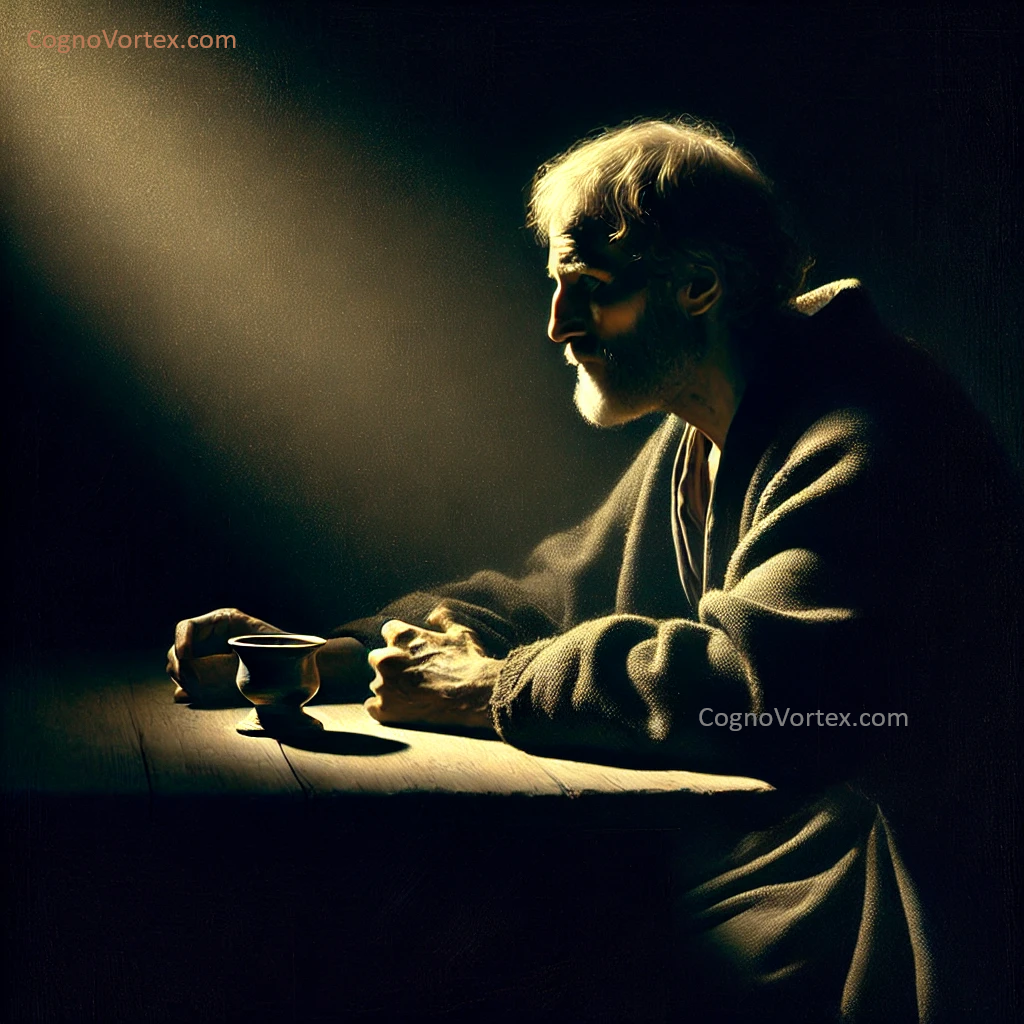“I owe everything to what everything now deprives me of.” —Paul Valéry
In the strange calculus of self-formation, one might say that what a person becomes is less a result of what they have gained than of what they have lost. To fill the empty places left by things taken, we draw from a deep reservoir of that most strange material: self-justification. Character develops in the forced economy of private scarcity, as if each loss extends a certain apprenticeship in adaptation. The deprivation is not only a shaping force but, in rare moments of clarity, a kind of discomfiting gift. Here is where Valéry’s statement is most acute: everything taken leads to everything learned.
But deprivation as a gift is conditional. It demands that the recipient be resilient enough to find, in that nagging void, their most original texture. This process is less like building and more like sifting; and in the sifting, characteristics emerge—defenses, odd edges, idiosyncratic depths—as byproducts of self-repair. Valéry’s insight strikes because it reaches beyond a familiar irony, pointing us toward the surprising virtue of acceptance. While the mind first resists the taking, the ego bristles and defends, yet ultimately it must adapt and accept, for what was taken cannot be reclaimed as it was. In acceptance lies the forward motion, the gratitude that grows not despite deprivation but because of it.
This “gift of deprivation” is not an endorsement of suffering for its own sake; it is, instead, a recognition that loss—in its irreversibility—can rank at the highest level of self-realization. The individual becomes aware of what has been lost as well as the resilience demanded by loss, which offers the capacity for insights undreamed of in more comfortable conditions. The paradox of absence, then, is not just about what is missing but about the strange knowledge that follows from it. In this way, clarity becomes the final arbiter, the implicit value that even deprivation cannot reach to take.
